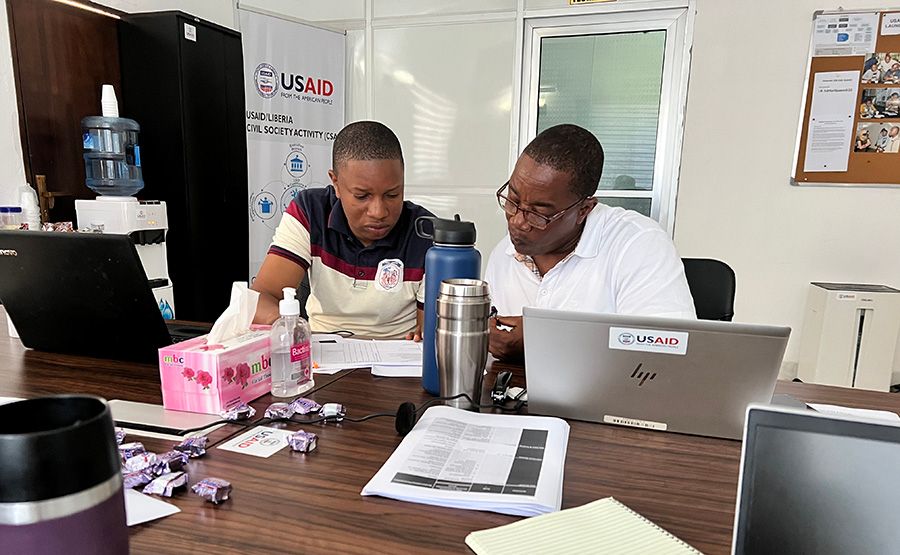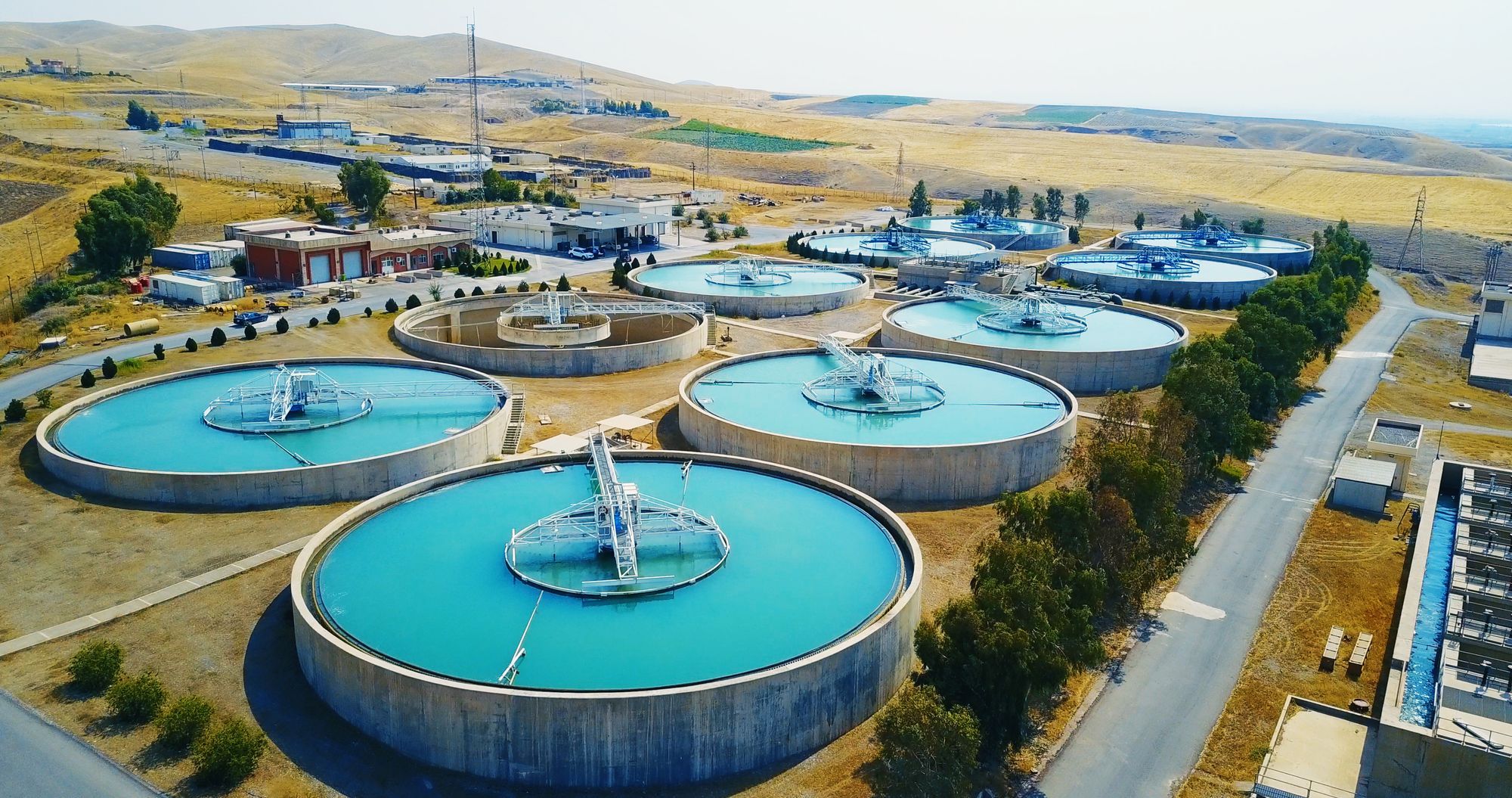Since the start of the Russian invasion on February 24, 2022, the stories of Ukrainian heroism have certainly been inspiring. But it remains hard to appreciate the full extent of difficulties faced day in, day out, by most Ukrainians.
For DAI staff on one of the largest decentralization projects in the portfolio of the U.S. Agency for International Development (USAID), incessant stress and even outright danger have become a part of everyday life. But project staff keep going in the knowledge that their labors and their project—the Ukraine Governance and Local Accountability (HOVERLA) Activity—is making a tangible difference in their country’s ability to resist and rebuild.
“There is extraordinary dedication and bravery on the part of our staff,” said Gabriel Abraham, Chief of Party on the flagship decentralization project. From holding training sessions in bunkers to working from home with just one hour of electricity per day—sometimes without power for days on end—more than 60 Ukrainian project employees have plowed on through the many hurdles the war has thrown in their way, shifting from providing emergency assistance back to institutional strengthening and then to supporting colleagues at risk—or often all of these things at the same time.
“The staff are also concerned about their own futures,” Abraham said. “Some are concerned about what happens if they get conscripted; others have lost their homes; most have been separated from their families. How will they as parents raise children traumatized by war?”
“War adds tension on top of professional and personal lives,” said HOVERLA’s Legal Advisor Maryana Zakharchenko. “[We are living with] missile attacks, electricity and communication outages, relocation, and worries about friends and family who are serving to protect the nation.”
To alleviate those anxieties and sustain the team’s energy and morale as much as possible, project leaders try to stay attuned to their colleagues’ moods and provide uplifting messages wherever they can. Trauma counseling services are available. After one staff member’s apartment was struck by a missile, they set up a GoFundMe page. Many staffers contributed, despite the precariousness of their own situations.
“The staff is instrumental in improving conditions in their country and working for the future of their country. They shoulder the responsibility with a real sense of mission,” said Abraham. “But we are not out of the woods.”
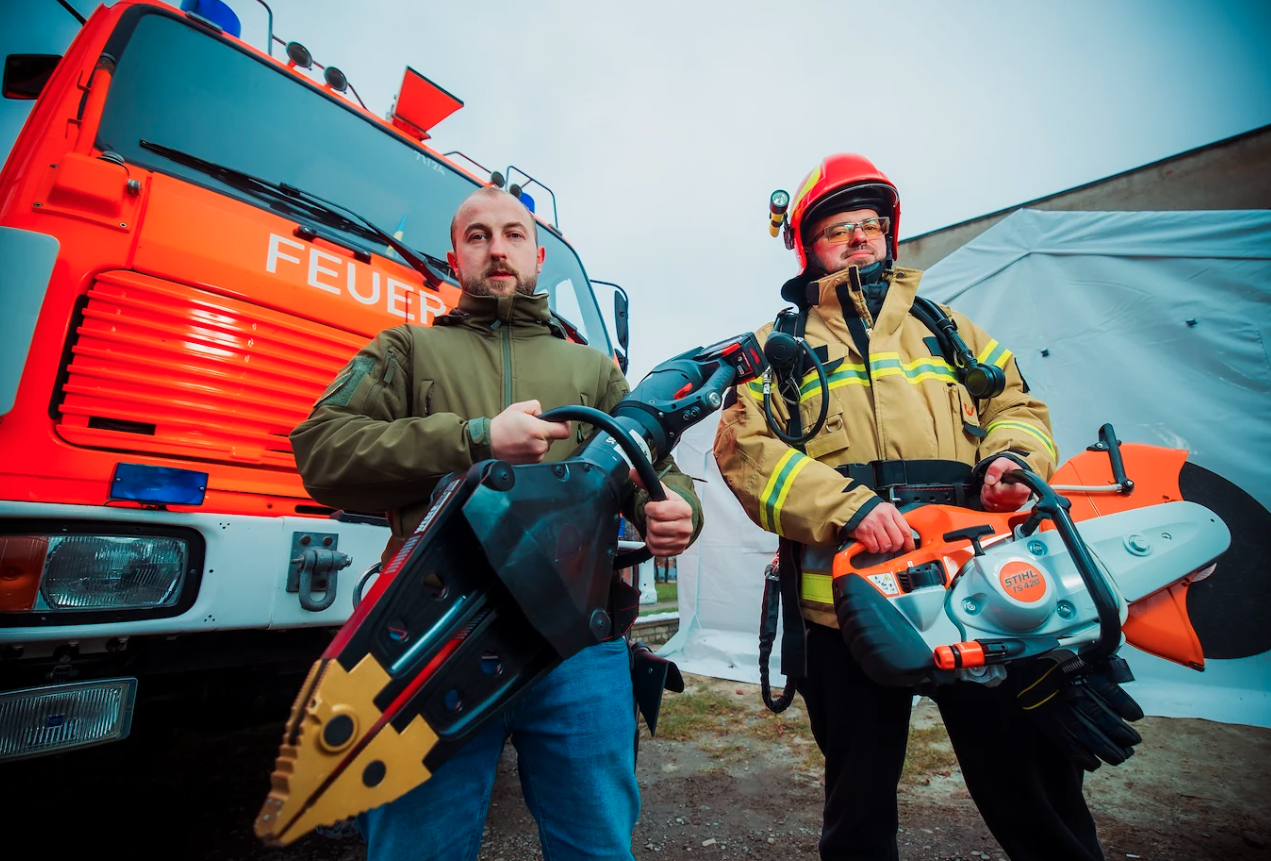
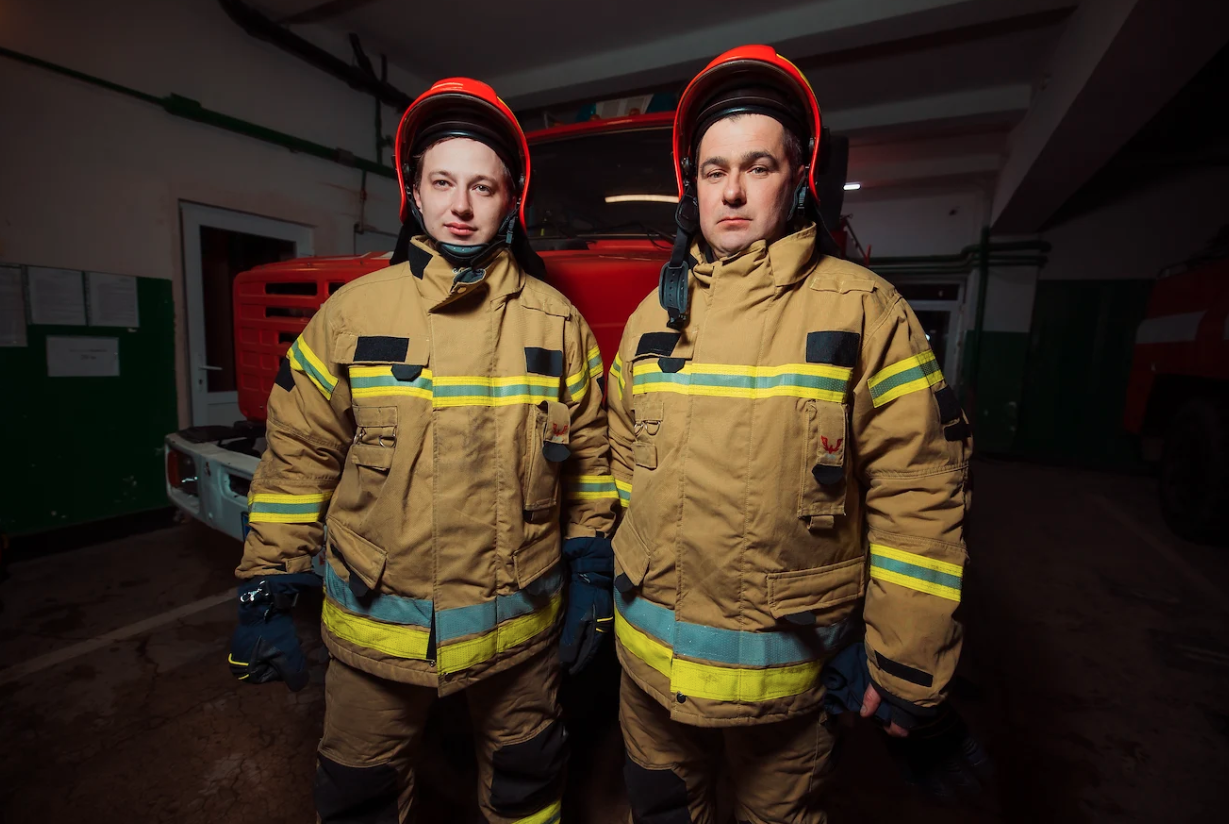
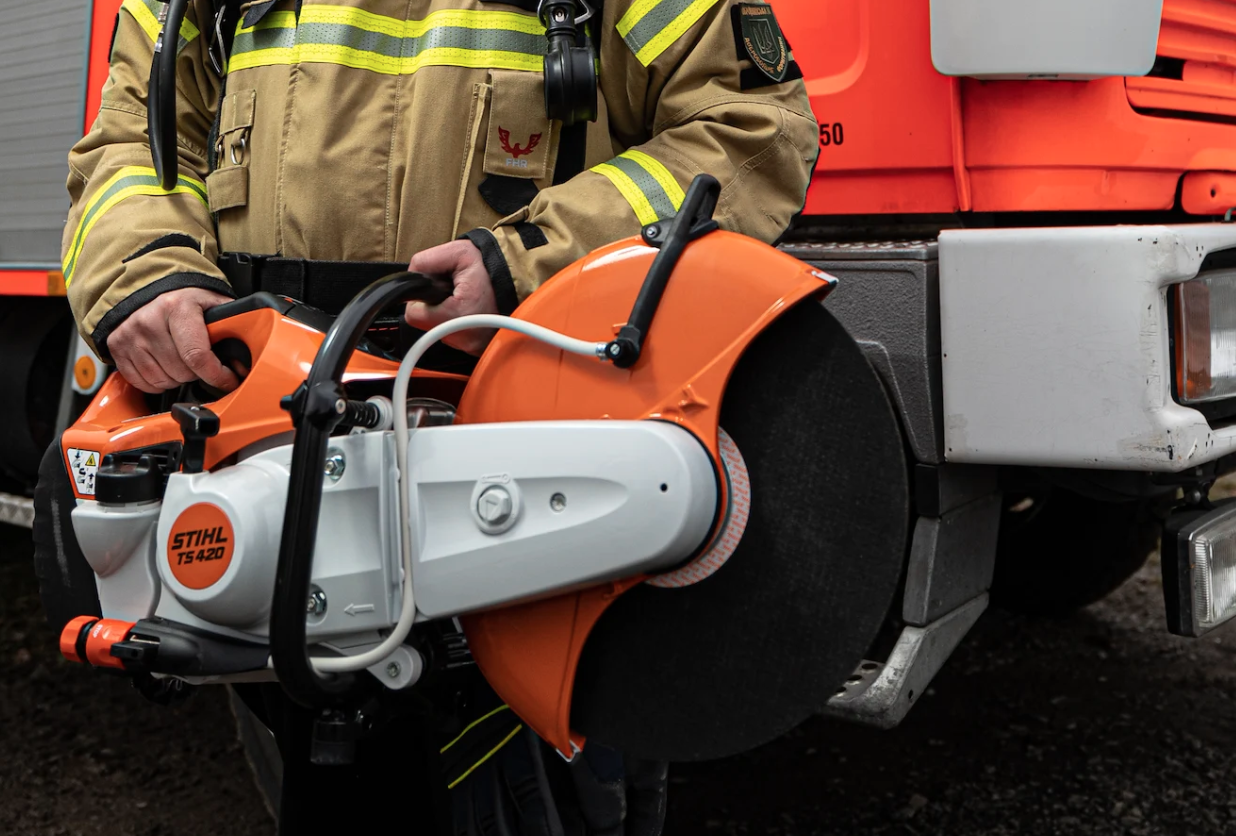
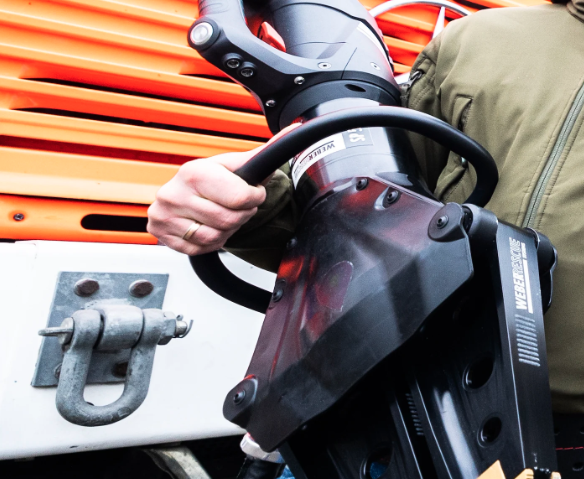

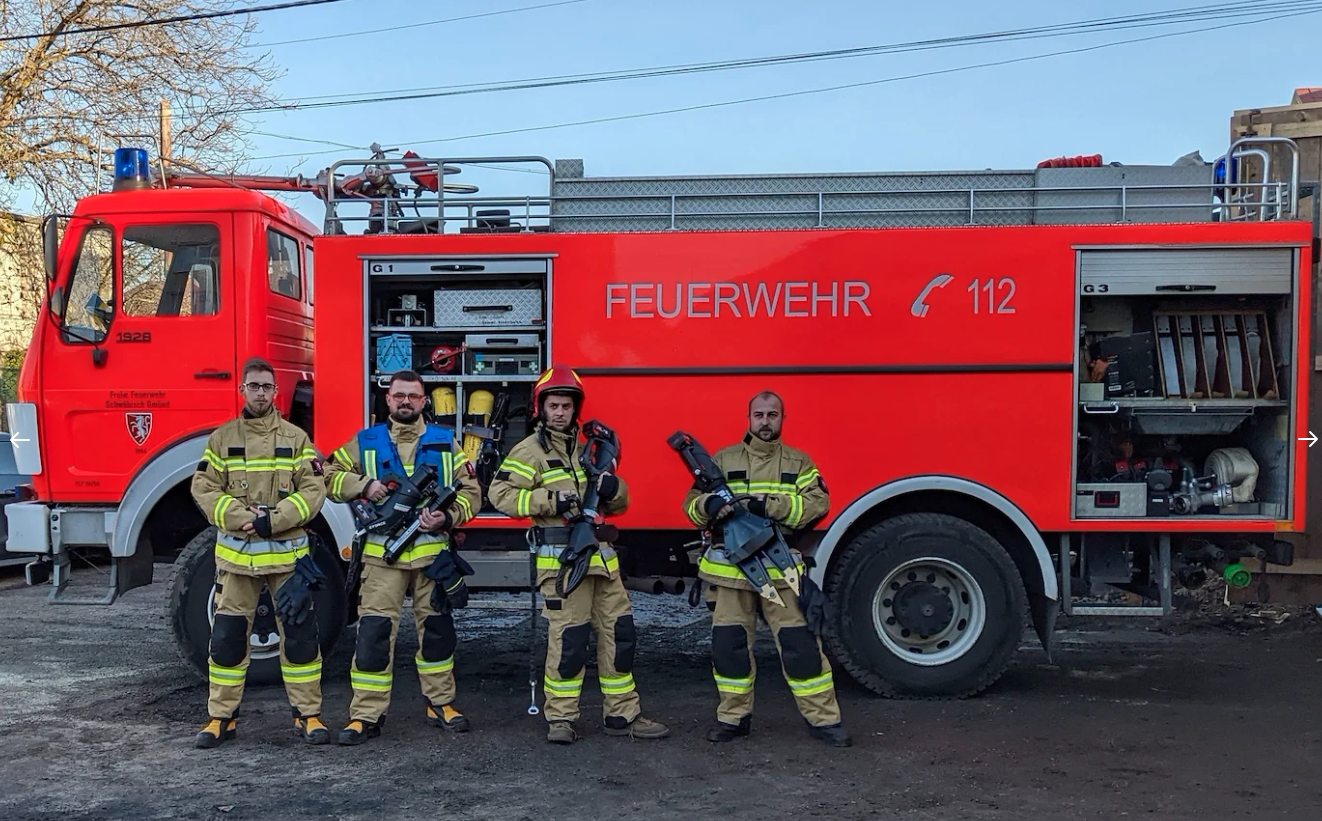
“Fear Quickly Changed to Action”
HOVERLA set out in March 2021 to complete the necessary legal framework for decentralization, support the operation of newly formed municipalities, improve services delivered to citizens, and advance citizen engagement at all levels.
The ambitious project, building on the achievements of previous USAID governance programs, made significant strides in its first year, capping it off with an historic legislative forum where local municipalities presented their local legislative priorities to the Parliament. A true bottom-up approach that promised to bring government closer to the people and make services more responsive to citizen needs as they see them.
At the forum, Marc Ellingstad, Director of the Office of Democracy and Governance at USAID’s Ukraine Mission, said, “USAID, in partnership with Ukraine and its citizens, has invested in Ukraine’s democracy for almost 30 years now. And we firmly believe that the widespread decentralization that has been achieved in recent years is the culmination of this partnership and is one of Ukraine’s most significant and successful reforms.”
Less than a month later, Russian President Vladimir Putin announced a “special military operation.”
“The first months of the war were stressful. Fear, uncertainty, the impossibility of contacting [our] families in the occupation [zone] consumed most of the energy of the team,” said HOVERLA’s Poltava Regional Office Manager, Hanna Babkova. “But the fear quickly changed to action as Ukrainians started supporting each other. The HOVERLA team was no exception. There were many acts of bravery where staff would help others with shelter, mobility, and other forms of assistance. Today, working, planning, and adapting to the new challenges has become a habit.”
Abraham—a conflict-zone veteran who has worked in Afghanistan, Bosnia, Iraq, and South Sudan—had already crafted an emergency response plan four months prior to the February invasion. “All the signs were there,” he said. “We started talking about emergency preparedness in terms of office safety the previous November and we submitted that plan to USAID, but we were also maintaining a ‘no war posture.’ We were doing business as usual.”
One of the tools put together as part of that “business as usual” development work has proved indispensable over the past year: a mobile chat group bringing together more than 65 mayors from all over the country. The project used the chat app to quickly craft a hotlist of the most-needed items—generators, bedding, food, batteries, first aid, and much more. “In a war, they need everything,” Abraham said. “We had a $15 million budget for procurement that was supposed to last for five years. We have spent it all.”
“Municipalities Are at the Front of This War”
“As the days continued,” Abraham said, “we stepped back from providing emergency humanitarian aid and turned toward more sustainable assistance.” That was a natural transition, because so many of the local governance challenges that the project had already been addressing became even more relevant in light of the conflict. “Municipalities are at the front of this war,” said Abraham. “When a bomb hits, who must respond? It is the hospitals, fire department, schools, parents, residents, even cemeteries. In every sense, it is the municipalities that are facing the war and addressing the consequence.”
“Communities support the army, provide housing to thousands of internally displaced people, rebuild infrastructure as quickly as possible,” said Project Management Specialist Marat Kyurchevsky. “USAID has a wide portfolio of projects aimed at supporting local government in Ukraine to provide residents with safe and quality life conditions.”
Before the war, HOVERLA had launched a decentralization initiative with The State Emergency Services of Ukraine, including fire brigades and river and mountain rescue units. The initiative—consisting of institutional strengthening and legislative reforms—gained significance with the onset of hostilities. The State Emergency Services immediately needed equipment, communications tools, trauma counseling, and other support. For example, HOVERLA developed various tools for identifying trauma in different segments of society and delivered war preparedness messages in many formats and platforms, including a “Minecraft” version for children.
Even as they mobilize to help residents cope, Ukraine’s local governments are suffering from a massive loss of their own municipal staff, leaving many employees doubling up on jobs. “As many people have left the country, so we’ve been doing a lot of training of municipalities and have opened up our training to all municipalities at once,” said Abraham.
“The opportunity to conduct offline trainings for communities—to hear them, share experiences and thoughts—is very inspiring,” added Babkova.
By the Numbers
The HOVERLA project continues supporting Ukraine with long-term local government strengthening work, but since the war started a year ago, the project has also been providing emergency goods. Among the numerous items delivered:
From Response to Renewal
Staying true to its longer-term goal of supporting good governance in Ukraine, HOVERLA is now strategizing on how to help the country get back on track. “The team has done a remarkable job of adapting to the immediate needs of the communities and local governments we serve, while maintaining an unwavering focus on the longer-term vision of democratic governance,” said DAI’s Senior Portfolio Director for Eastern Europe John Sampson.
“We have a chance to build back better,” said Abraham. “When the municipalities begin to rebuild, we want to help with strategies and more advanced and responsive urban planning standards. The existing urban and housing standards were inherited from the Soviet Union and are not responsive to the environmental, digital, and socioeconomic realities of the 21st century.”
Accessibility is just one example. “Prior to the war, accessibility was not considered relevant,” said Abraham. “It will be incredibly important after the war. Citizens and veterans with disabilities will need to participate in every aspect of their communities. Changes will need to take place in legislation, economic incentives, infrastructure, and even tourism where recreational activities like mountain trails and rafting will need to be made accessible.”
“We aim to make many high-quality spatial development plans for communities, since this documentation is the basis of economic development, restoration of communities, attraction of investments, and reconstruction of the country as a whole,” said HOVERLA’s Spatial Planning Expert Kateryna Stepchuk.
Other forward-looking initiatives include assisting the municipalities to digitally transform their operations, craft economic development plans, and engage citizens—especially young people—in the process of moving toward a shared vision for the future.


